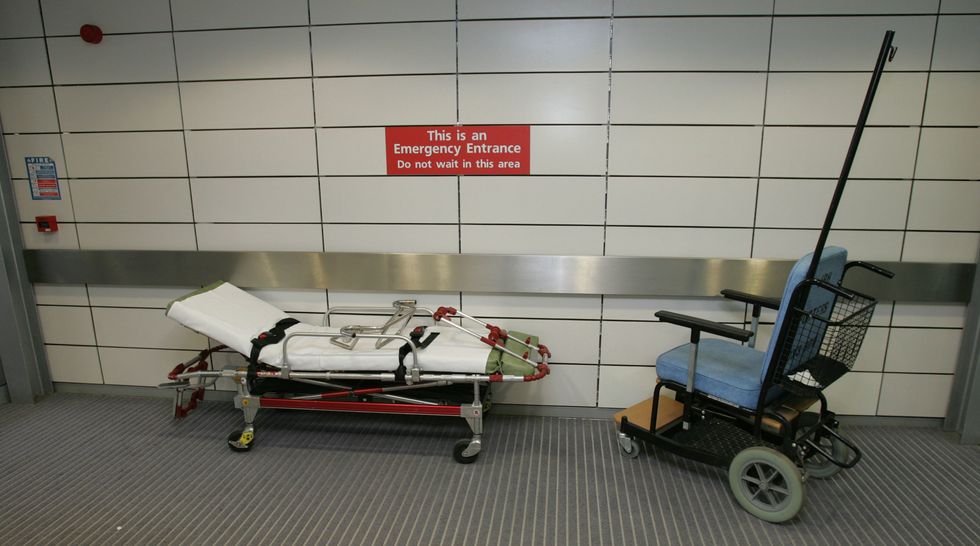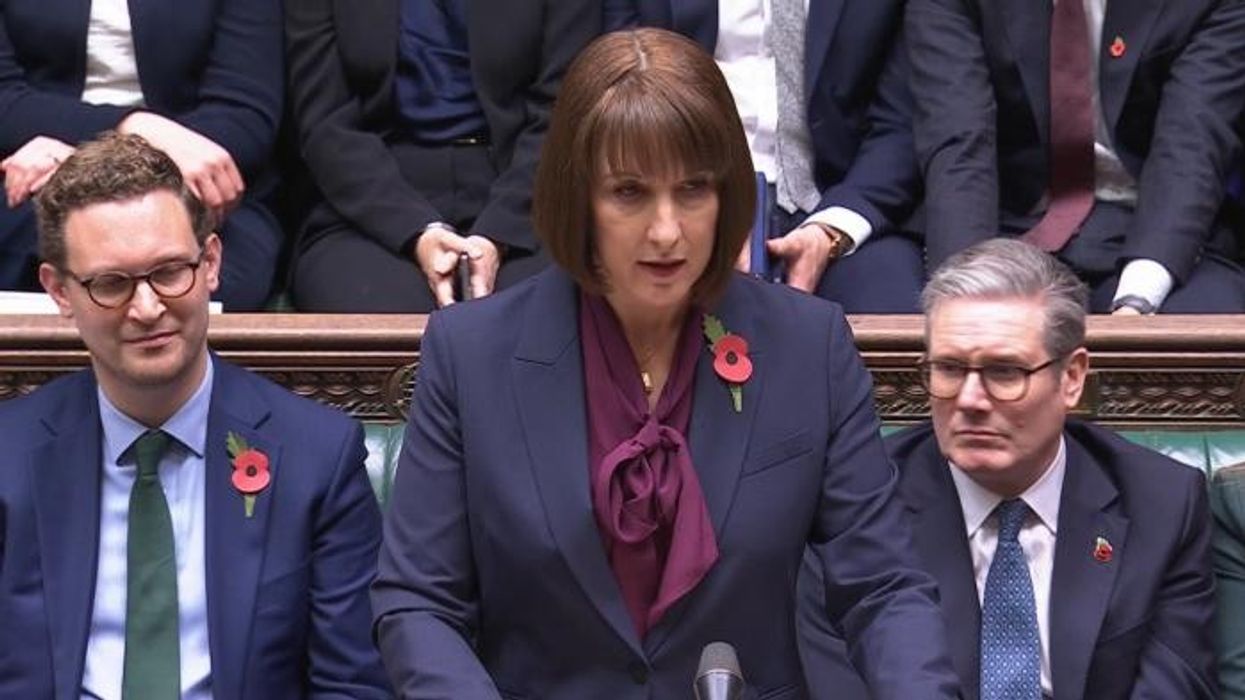Patients ‘dying in corridors and going undiscovered for hours’, damning NHS report reveals

Patients are routinely left to soil themselves and receive care in inappropriate spaces including shower areas, cloakrooms and even viewing rooms meant for bereaved families
Don't Miss
Most Read
Patients are dying undiscovered in hospital corridors and being treated in cupboards and bathrooms across NHS hospitals, according to a damning new report from the Royal College of Nursing (RCN).
The 460-page document, based on testimony from more than 5,000 nursing staff, reveals widespread "corridor care" has become normalised in England's hospitals.
Patients are routinely left to soil themselves and receive care in inappropriate spaces including shower areas, cloakrooms and even viewing rooms meant for bereaved families.
A survey of NHS nursing staff found that 67 per cent are delivering care every day in overcrowded or unsuitable places, with more than nine in 10 saying care is unsafe.

The 460-page document, based on testimony from more than 5,000 nursing staff, reveals widespread "corridor care" has become normalised in England's hospitals
|PA
One anonymous nurse told a media briefing there were 30 chairs in their emergency corridor but no extra staff for those patients.
"The risk of patients dying and not being noticed is very high, everybody is stretched," the nurse said, adding that the experience of working in the NHS "makes a hole in your soul".
Nurses reported patients regularly being treated in bathrooms, shower areas and even rooms where families visit dead relatives.
"A patient died in the corridor but wasn't discovered for hours," revealed one nurse from the South East.
Another described how "the last patient we had had to be changed for faeces in the store cupboard. Totally inappropriate, and truly awful for the patient."
Staff reported elderly patients being "cared for in very inhumane and third-world conditions."
"I worked throughout Covid-19 and although it was a horrendous experience, this lack of care in the broken system is worse," one nurse stated.
LATEST DEVELOPMENTS:

One anonymous nurse told a media briefing there were 30 chairs in their emergency corridor but no extra staff for those patients
|PA
The report revealed multiple cases where lack of basic equipment led to fatal consequences.
"Patient died due to lack of safety equipment by bedside. The patient choked, desaturated while reconfiguring bays," one testimony stated.
Nurses described cardiac arrests in corridors with "no crash bell, crash trolley, oxygen, defibrillator" and staff "straddling a patient doing CPR while everyone watches on."
Some patients were forced to wait over 35 hours for a ward bed, only to end up in corridors.
"Corridor nursing is tiring, exhausting and soul-destroying. It is not nursing," one nurse said.
Professor Nicola Ranger, RCN chief executive, called the report "harrowing" and said staff were leaving because they "cannot do it any more."

Professor Nicola Ranger, RCN chief executive, called the report "harrowing" and said staff were leaving because they "cannot do it any more
|Royal College of Nursing
She stressed this crisis was not just a winter issue, with wards being escalated into unsuitable areas throughout summer months.
"Care that would have been seen prior to Covid as shocking has been normalised," Prof Ranger said.
She warned that "chair care" posed serious safety risks, explaining: "If that patient deteriorates, what every nurse needs to be able to do is to start CPR... You cannot do that sitting in a chair."
Duncan Burton, chief nursing officer for England, acknowledged the extreme pressures on services, particularly in recent months during "one of the toughest winters the NHS has experienced."
He said the impact on patients and staff highlighted by the RCN report "should never be considered the standard to which the NHS aspires."
Burton emphasised that building a health service fit for the future remains a key priority, adding that the NHS is "continuing to work hard to deliver improvements across urgent and emergency care."











